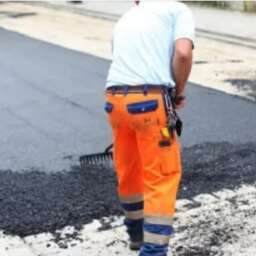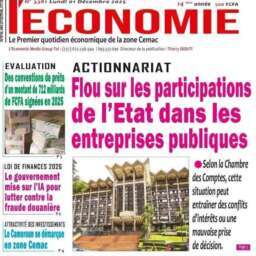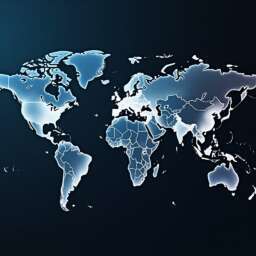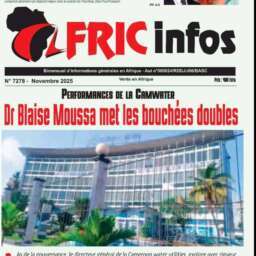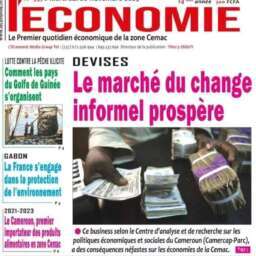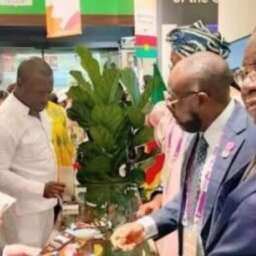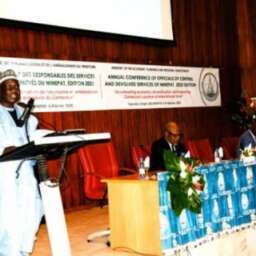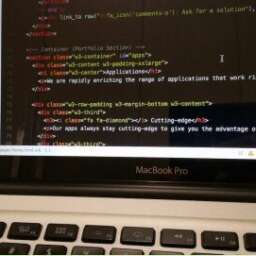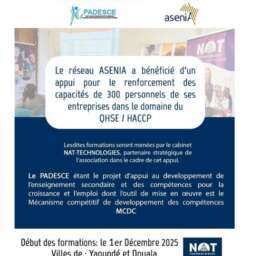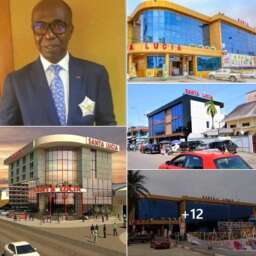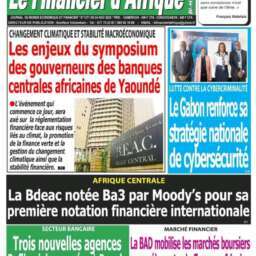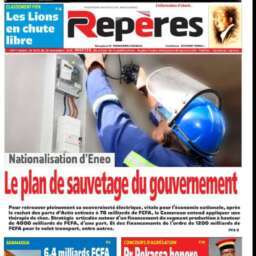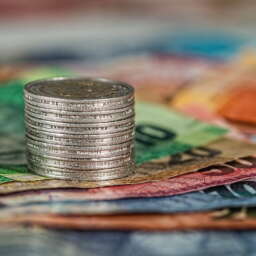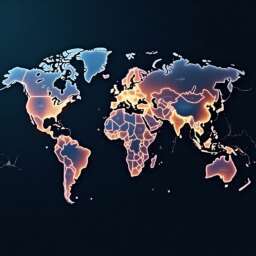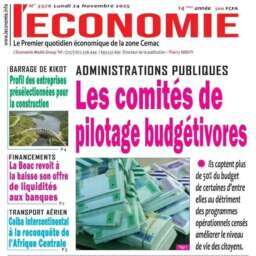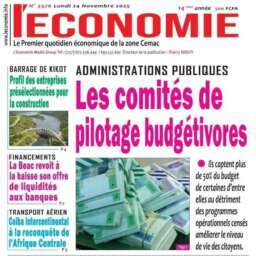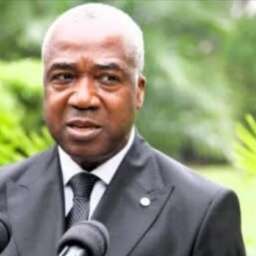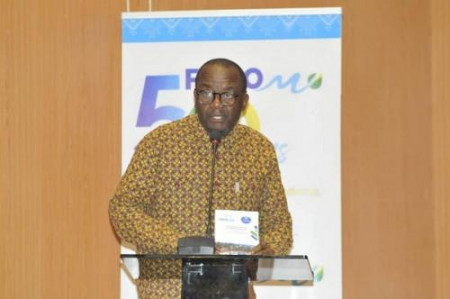(Business in Cameroon) – Between 1974 and 2024, the Special Fund for Equipment and Intermunicipal Intervention (FEICOM) redistributed CFA1,200 billion to Cameroon’s decentralized local governments. This figure was revealed by Philippe Camille Akoa, FEICOM’s General Manager, during an interview with Business in Cameroon.
Akoa explained that FEICOM began mobilizing resources in 1977, three years after its creation. Initially, the fund operated as an administrative department under the Ministry of Territorial Administration.
FEICOM’s financial resources come from both tax and non-tax revenues. Tax revenues include funds collected from local surcharges on national taxes, vehicle stamp duties, forestry royalties, local development taxes, property taxes, parking fees, and special excise duties. These funds are mostly collected by government agencies such as Customs and the Tax Directorate. Non-tax revenues include treasury rollovers, proceeds from selling FEICOM merchandise, cooperation funds, and repayments of loans granted to local governments.
In 2024 alone, FEICOM mobilized CFA293 billion, surpassing its initial target of CFA260 billion. Of this, CFA195 billion came from tax revenues, and CFA97 billion came from non-tax revenues.
Alongside the CFA1,200 billion redistributed, FEICOM invested nearly CFA517 billion in local governments since 1974. These investments funded 6,289 projects across all 10 regions of the country. The Center region received the highest share, with CFA91 billion allocated for 1,020 projects.
“In 50 years, FEICOM has mobilized around CFA1,800 billion for local governments, including the more recent regional administrations. That’s the total amount allocated to local development over this period,” Akoa noted.
Often referred to as the “bank of Cameroon’s municipalities,” FEICOM is a public institution with an economic and financial focus. Its main role is to collect and redistribute local surcharges on national taxes, which account for about 85% of its resources.
Beyond these surcharges, FEICOM also benefits from other funding sources, including 20% of business tax contributions, license fees, property taxes, real estate transaction fees, and parking taxes. The institution can secure loans, receive donations, and access international cooperation funds aimed at supporting local development.



